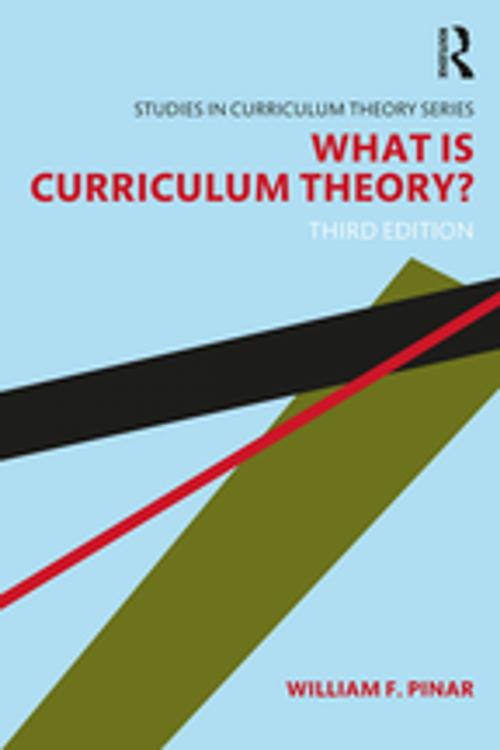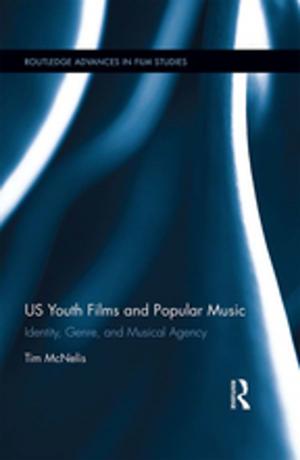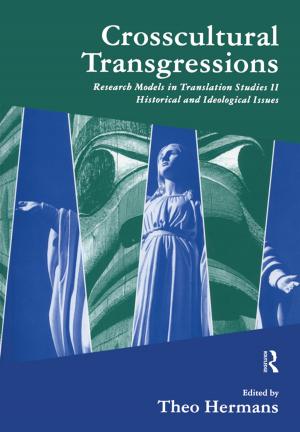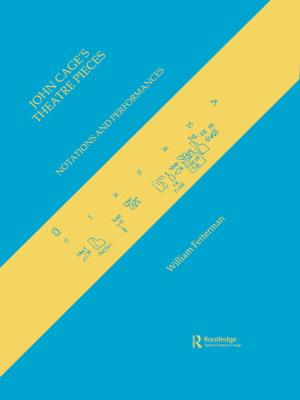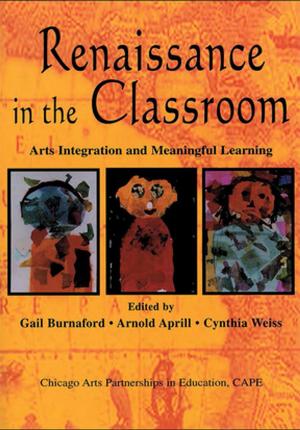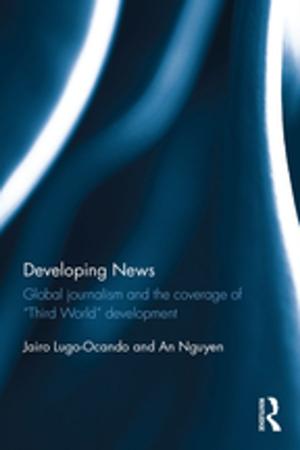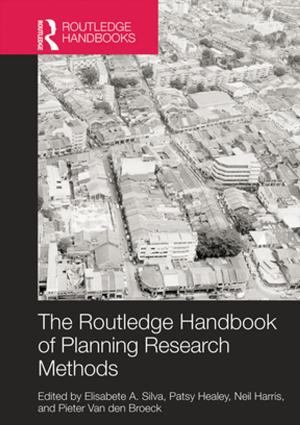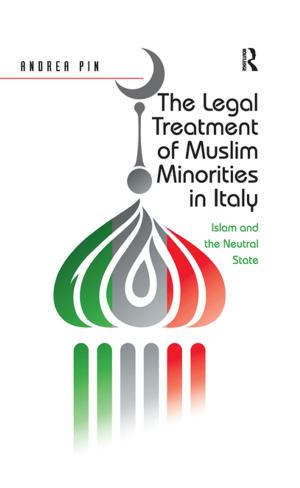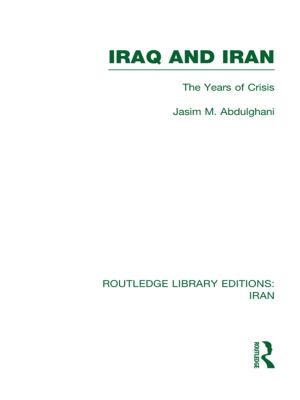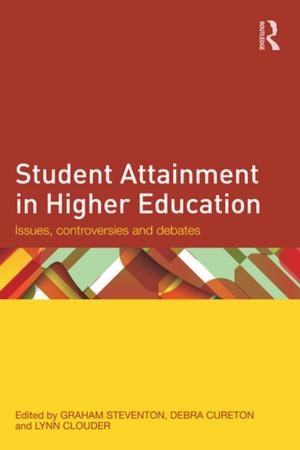What Is Curriculum Theory?
Nonfiction, Reference & Language, Education & Teaching, Educational Theory, Curricula, Aims & Objectives, Philosophy & Social Aspects| Author: | William F. Pinar | ISBN: | 9781317232735 |
| Publisher: | Taylor and Francis | Publication: | May 8, 2019 |
| Imprint: | Routledge | Language: | English |
| Author: | William F. Pinar |
| ISBN: | 9781317232735 |
| Publisher: | Taylor and Francis |
| Publication: | May 8, 2019 |
| Imprint: | Routledge |
| Language: | English |
This primer for prospective and practicing teachers asks students to question the historical present and their relation to it, and in so doing, reflect on their own understandings of what it means to teach, to study, to educate, and to become educated in the present moment in the places we inhabit.
Not only the implementation of objectives to be assessed by standardized tests, curriculum is communication among older and younger generations, informed by academic knowledge, and characterized by educational experience. Pinar’s concept of currere–the Latin infinitive of curriculum–is invoked to provide an autobiographical method for self-study, enabling both individuals and groups to understand teaching as passionate participation in the complicated conversation that is the curriculum.
New to the Third Edition:
- A new allegory-of-the-present: the Harlem Renaissance
- New section on technology
- New section on the future of curriculum
- Expanded section on Freedom Schools
- Educators depicted as truth-tellers in this "post-truth" era of "fake news"
Provocative, compelling, and controversial, What Is Curriculum Theory? remains indispensable for scholars and students of curriculum studies, teacher education, educational policy, and the foundations of education.
This primer for prospective and practicing teachers asks students to question the historical present and their relation to it, and in so doing, reflect on their own understandings of what it means to teach, to study, to educate, and to become educated in the present moment in the places we inhabit.
Not only the implementation of objectives to be assessed by standardized tests, curriculum is communication among older and younger generations, informed by academic knowledge, and characterized by educational experience. Pinar’s concept of currere–the Latin infinitive of curriculum–is invoked to provide an autobiographical method for self-study, enabling both individuals and groups to understand teaching as passionate participation in the complicated conversation that is the curriculum.
New to the Third Edition:
- A new allegory-of-the-present: the Harlem Renaissance
- New section on technology
- New section on the future of curriculum
- Expanded section on Freedom Schools
- Educators depicted as truth-tellers in this "post-truth" era of "fake news"
Provocative, compelling, and controversial, What Is Curriculum Theory? remains indispensable for scholars and students of curriculum studies, teacher education, educational policy, and the foundations of education.
